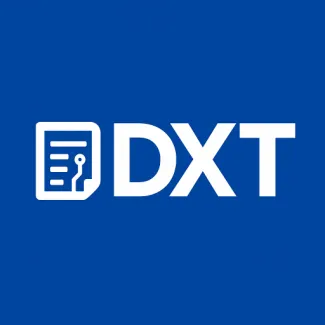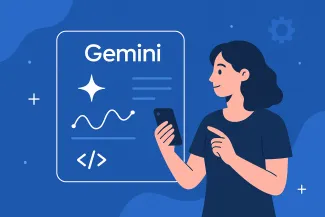The world of AI development is moving at an incredible pace, and Google's Gemini API is continuously evolving to provide developers with more powerful, flexible, and efficient tools.
machine learning
This chapter explores using Gemini as a coding assistant. It covers code generation, debugging, and optimization. For code generation, clear prompts specifying the goal, language/framework, and context are crucial. Debugging prompts should include the code, problem description, and any error messages. Optimization prompts require the code and the optimization goal. Gemini can generate code in various languages, identify and suggest fixes for bugs, and improve code performance, streamlining the coding workflow for developers of all skill levels. Examples using Python and Javascript demonstrate these capabilities.
This guide explains how to use the Gemini API for in-depth research, even without a dedicated "Deep Research" feature. It emphasizes crafting sophisticated prompts to achieve this. "Deep research" involves synthesizing information from multiple sources, performing structured analysis, and generating comprehensive reports. The guide provides a prompt-engineering template: defining the AI's persona and goal, specifying the topic and scope, listing required report sections, adding formatting requirements, and setting constraints. A well-structured prompt acts as a research plan for Gemini, resulting in thorough analysis. The guide concludes with a brief mention of a sample React application showcasing this process.


